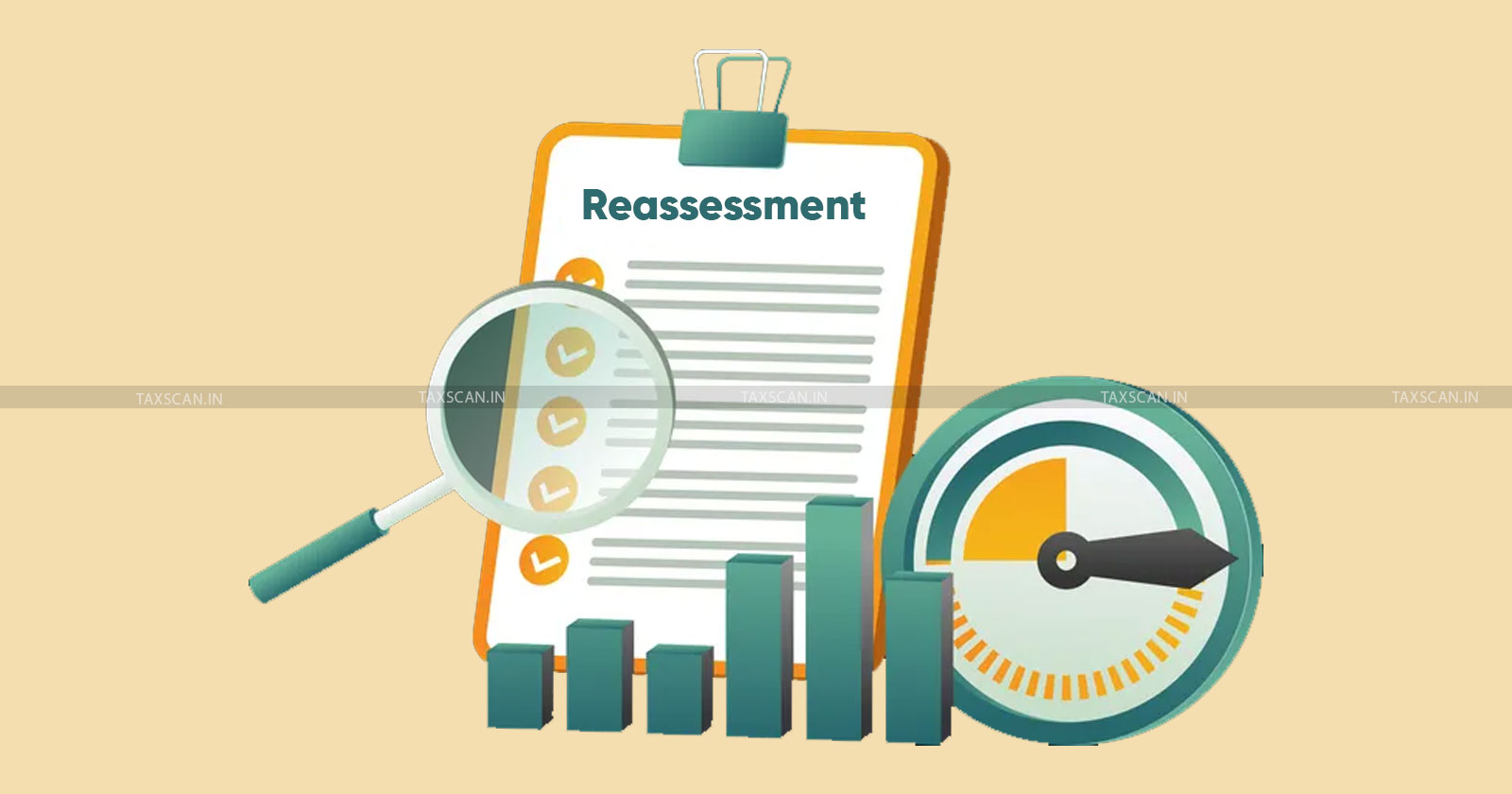Reassessment Notice issued After April 1, 2021 Barred by Limitation: ITAT quashes Notice u/s of 148 Income Tax Act [Read Order]
The Tribunal noted the statement made by the Additional Solicitor General of India, N. Venkataraman, before the Supreme Court in Union of India & Ors. v. Rajiv Bansal
![Reassessment Notice issued After April 1, 2021 Barred by Limitation: ITAT quashes Notice u/s of 148 Income Tax Act [Read Order] Reassessment Notice issued After April 1, 2021 Barred by Limitation: ITAT quashes Notice u/s of 148 Income Tax Act [Read Order]](https://images.taxscan.in/h-upload/2025/10/24/2099648-itat-delhi-reassessment-notice-taxscan.webp)
The Bench of the Income Tax Appellate Tribunal, Delhi, held that reassessment notices issued on or after April 1, 2021, for Assessment Year (A.Y.) 2015-16 are barred by limitation and must be dropped. Accordingly, the Tribunal quashed the notice issued under Section 148 of the Income Tax Act, 1961, and set aside the reassessment order.
The appeal was filed by Sunita Salhotra, an individual taxpayer, against the ex-parte order of the Commissioner of Income Tax (Appeals), National Faceless Appeal Centre (NFAC), Delhi [CIT(A)], dated July 31, 2024, for the A.Y. 2015-16.
The case was reopened under Section 148 of the Income Tax Act, 1961, and the assessment was completed under Section 147 of the Income Tax Act read with Section 144B at a total income of ₹2,01,94,960/- as against the declared income of ₹3,60,790/-. The additions included alleged long-term capital gains from the sale of shares of M/s Goldline International Finvest Ltd. and certain unexplained expenditure under Section 69C of the Income Tax Act.
The [CIT(A)] dismissed the assessee’s appeal ex parte due to non-compliance with hearing notices. The assessee, therefore, filed an appeal before the Tribunal.
Represented by Sanjay Sehgal, the assessee contended that the reassessment proceedings were invalid since the notice under Section 148 dated July 25, 2022, was time-barred. It was argued that under the old provisions of Section 149, the time limit to issue notice for A.Y. 2015-16 expired on March 31, 2022. Accordingly, the notice issued after this date, i.e., on July 25, 2022, was beyond the permissible limitation period.
 Also Read:Time-Barred Income Tax Notice u/s 148 over Investment Scheme: ITAT quashes Reassessment [Read Order ]
Also Read:Time-Barred Income Tax Notice u/s 148 over Investment Scheme: ITAT quashes Reassessment [Read Order ]
Further, reliance was placed on the statement made by the Additional Solicitor General of India, N. Venkataraman, before the Supreme Court in Union of India & Ors. v. Rajiv Bansal (2024), where the Revenue conceded that all notices issued on or after April 1, 2021, for A.Y. 2015-16 must be dropped.
The Bench comprising Vikas Awasthy, Judicial Member and Manish Agarwal, Accountant Member observed that both notices under Section 148, first dated June 30, 2021, and the subsequent one dated July 25, 2022, were issued after April 1, 2021.
The Tribunal noted that in Rajiv Bansal, the Additional Solicitor General had made a categorical statement before the Supreme Court that all notices for A.Y. 2015-16 issued on or after April 1, 2021, would have to be dropped. The Tribunal further observed that under the erstwhile Section 149 of the Income Tax Act, the limitation period for issuing notice expired on March 31, 2022, and that the Taxation and Other Laws (Relaxation of Certain Provisions) Ordinance, 2020 (TOLA) did not extend this period for A.Y. 2015-16.
Accordingly, the Tribunal held that the reassessment notice issued on July 25, 2022, was barred by limitation and invalid in law.
Therefore, the notice under Section 148 of Income Tax Act was quashed, and the reassessment order was set aside.
Thus, the appeal of the assessee was allowed.
Support our journalism by subscribing to Taxscan premium. Follow us on Telegram for quick updates


